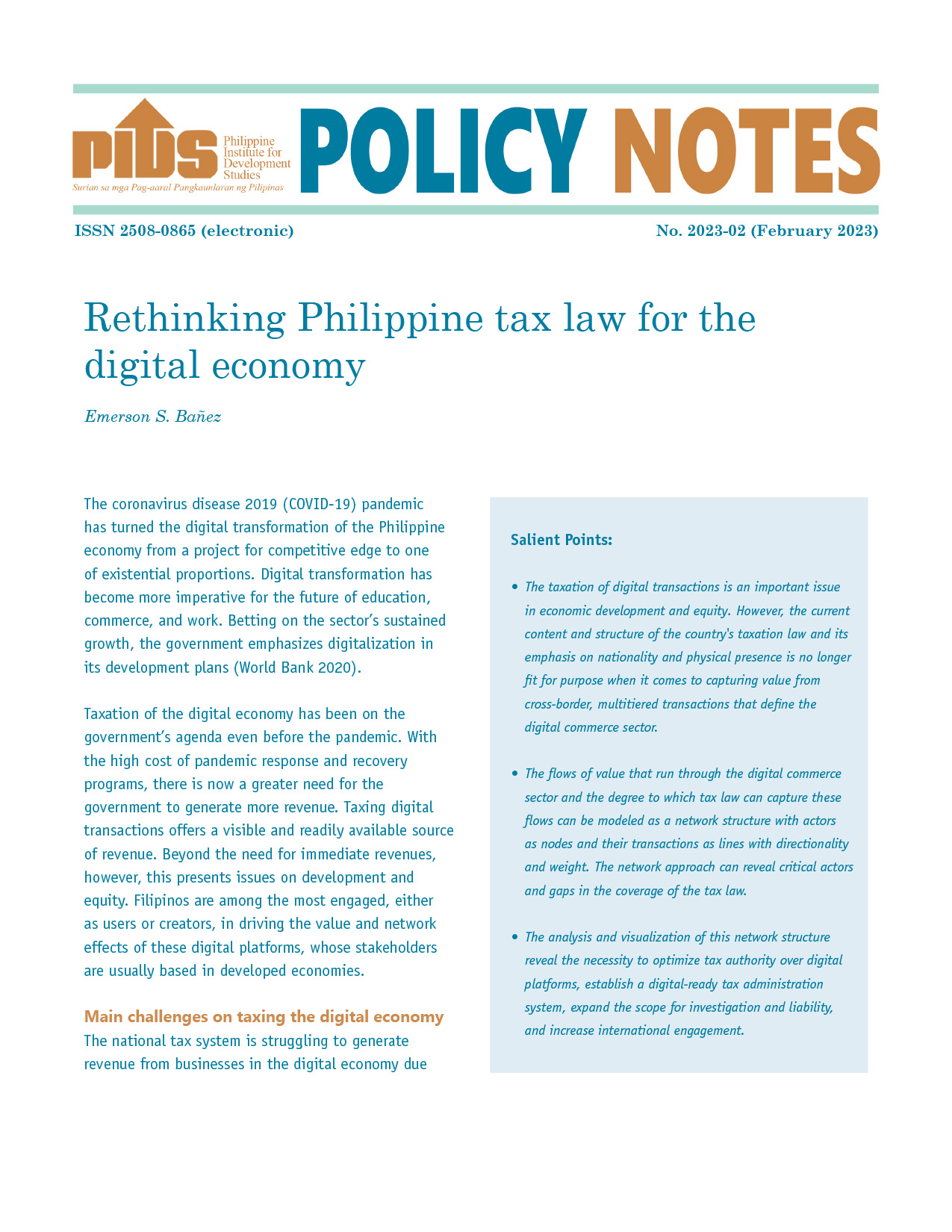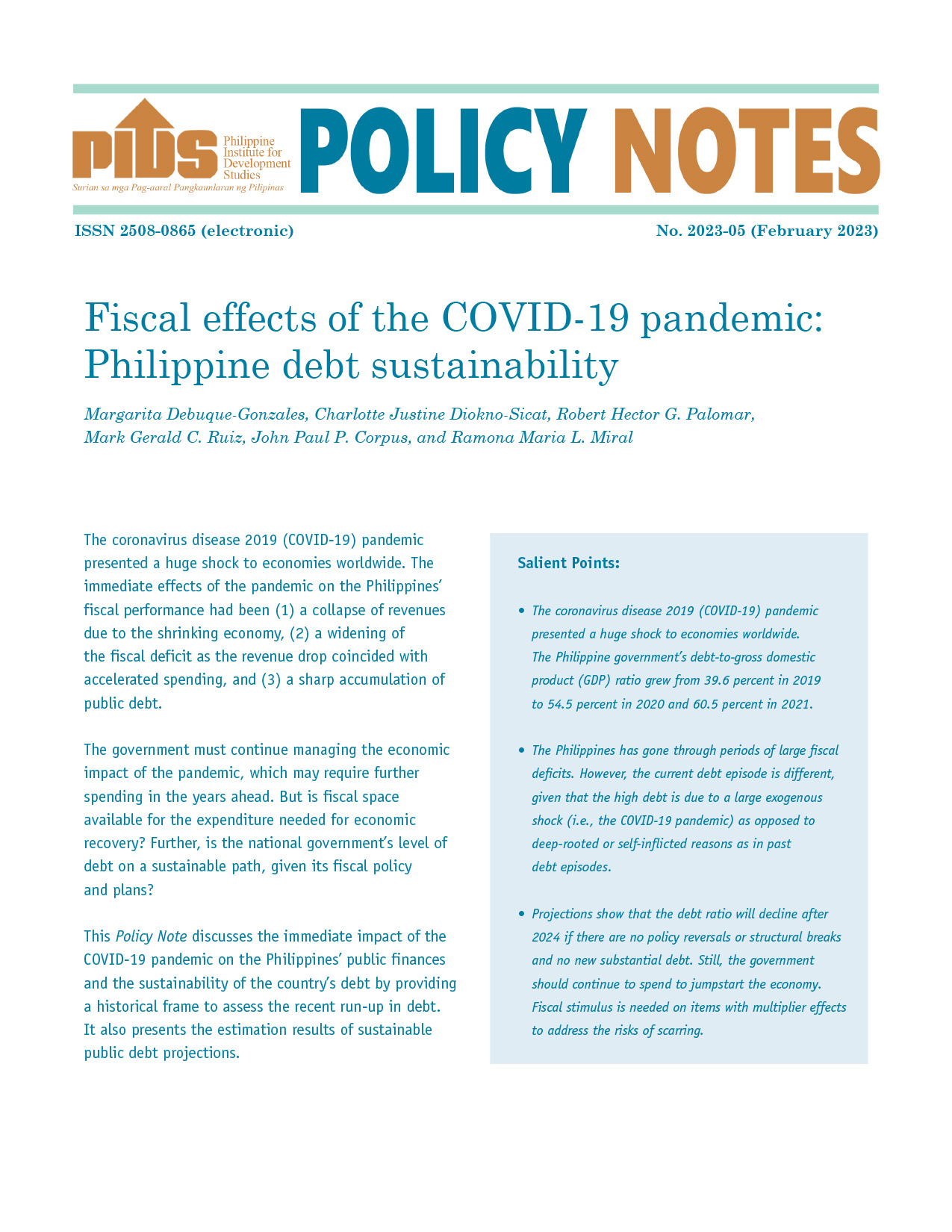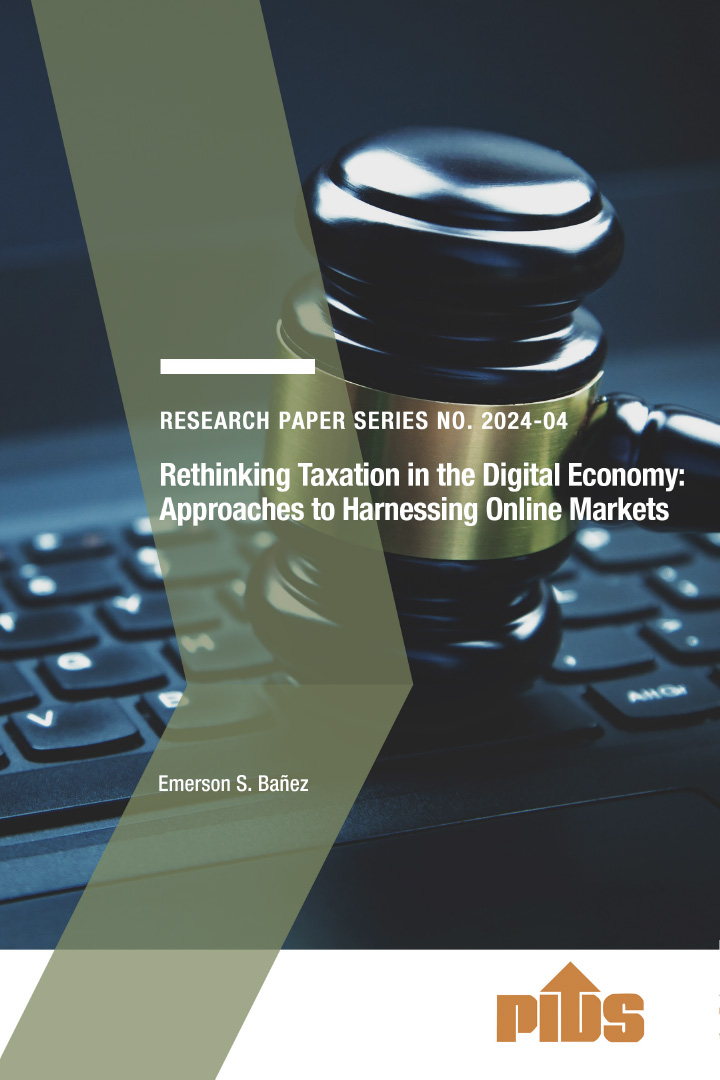LOCAL governments are expected to receive almost P1 trillion next year from the national government's tax revenues.
According to the Department of Budget and Management (DBM), the national tax allotment (NTA) share for local governments will be P959.04 billion, up P263.54 billion or 37.89 percent from this year's allocation.
This is thanks to the Supreme Court's Madanas-Garcia ruling from 2018, which said that a local government's "fair share" of income includes all national government taxes, not only those collected by the Bureau of Internal Revenue.
Gov. Hermilando Mandanas of Batangas province and the then-governor Enrique Garcia Jr. of Bataan province were the primary petitioners in the 2012 case.
The whole narrative of the Madanas-Garcia ruling was discussed in a paper published by the Philippine Institute for Development Studies (PIDS) and authored by Rosario Manasan.
In the paper, Manasan said Mandanas et al. contend that certain collections of national internal revenue taxes (NIRTs) by the Bureau of Customs (BoC) — excise taxes, value added taxes or VAT and documentary stamp taxes or DSTs — have not been included in the base amounts for the computation of the internal revenue allotment (IRA), but that said taxes, even if collected by the BoC, are in fact NIRTs and should thus rightfully form part of the base amount for the computation of the IRA.
For his part, Garcia argues the use of the term national internal revenue taxes in Section 284 of the 1991 LGC reduces the base for determining the just share of local governments in all national taxes, as provided in Section 6, Article X of the 1987 Constitution, and that it should be declared unconstitutional, according to Manasan.
"Moreover, Garcia pleads that the exclusion of certain taxes and accounts pursuant to or in accordance with special laws was likewise unconstitutional," she added.
Mansan also said both petitioners pleaded for the payment of national government arrears of the local governments' just share in all national taxes should the high court agree with the petitioners' contention that the computation of the base amount for the IRA is unconstitutional.
The Supreme Court ruled that these petitions are "partly meritorious" in its July 3, 2018 decision, she said. First, it agrees with Garcia that the current articulation of Section 284 of the 1991 LGC deprives local governments of their just share in other national taxes not considered as national internal revenue taxes under Section 21 of the National Internal Revenue Code.
And on April 10, 2019, the high tribunal ruled with finality on the motions for reconsideration of its initial decision in 2018.
Development projects
According to the Budget department, the NTA will provide funding to 43,649 local municipalities. Of the total, 82 provinces will receive P220.57 billion; 146 cities will secure P220.57 billion; 1,488 municipalities will obtain P326.07 billion; and 41,933 villages will get P191.80 billion.
Local governments, on the other hand, were reminded to set aside at least 20 percent of their NTA allocation for development projects.
"Local budget plans and goals shall, as far as practicable, be harmonized with national development plans, goals and strategies to optimize the utilization of resources and to avoid duplication in the use of fiscal and physical resources," the DBM noted.
Local governments were also advised to continue to cover Covid-19-related initiatives, programs and activities (PPAs) as needed, given the uncertainties surrounding the conclusion of the pandemic.
"The Covid-19-related PPAs and expenses that may be funded by the LGUs (local government units) may include those that are related to the prevention of the spread of Covid-19, provision of basic services to the affected population, necessary support to frontline workers, procurement and administration of Covid-19 vaccines, and ancillary supplies and services, subject to the provisions of the 'Covid-19 Vaccination Program Act of 2021' (Republic Act 11525) and other PPAs related to Covid-19 response and recovery measures," the Budget department underscored.
The PIDS said in a recent discussion paper that the Mandanas-Garcia decision will allow local governments to take on additional devolved tasks.
"To help address the problem of horizontal imbalance, a fiscal equalization called the growth equity fund (GEF) was introduced," it emphasized.
PIDS said that the GEF strives to address challenges such as unequal development, high poverty rates and discrepancies in local government fiscal capacities.
The GEF, which was established by Executive Order 138 and is included in the proposed 2022 budget by virtue of National Budget Memorandum 140, will provide "assistance to LGUs with the highest poverty incidence and are financially challenged to level the playing field in the implementation of devolved services," it explained.
According to the PIDS, the GEF may fund basic infrastructure as well as other programs, projects and activities of poor, disadvantaged and lagging local governments, including capacity development requirements, to enable them to more effectively and efficiently implement the functions and services devolved to LGUs by relevant laws.
"The GEF is different from previous programs under the LGSF (Local Government Support Fund) umbrella that were in recent years LGU level specific programs for specific purposes in the case of provinces and cities," it continued.
PIDS said the fund is managed by the DBM and the Department of the Interior and Local Government, with the Development Budget Coordination Committee defining the criteria for execution.
Meanwhile, it advised that the rules clearly state the criteria for the target beneficiaries and that their execution be monitored to ensure that the money reach to the appropriate local governments and are used to contribute to the local eaconomy.
Key role in economic recovery
Local governments will play a critical role in the country's economic recovery, according to the Department of Finance.
Finance Secretary Carlos Dominguez 3rd recently said that the national government wants local governments to take the lead in grassroots planning, community infrastructure and the establishment of additional economic links on behalf of their constituents.
"Local government finance, in particular, will even be more important next year as the revenue share of local governments increases dramatically. The local governments will therefore be primarily responsible and accountable for the provision of basic services and facilities fully devolved to them," he highlighted.
Improved revenue collection and resource mobilization strategies, Dominguez added, are required for local governments to achieve full development as self-sufficient communities.
As a result, he said, local governments should continue to strengthen their competencies and improve their absorptive powers. For example, by committing to a complete digital transformation, which aims to increase the efficiency and reliability of frontline agencies, while also ensuring that it can accomplish far more with less money in the long run.
"The local governments must keep pace with this digital transition — starting with local government finance. I strongly urge the local governments to adopt electronic facilities for business registration and renewal, and most importantly for assessment and collection of local taxes, fees and other charges," the Finance chief noted.












